While cancer and heart disease might not have been huge concerns for you a few years ago, your risk for both jumps as you move into your 40s and beyond.
In fact, cancer is the number-one killer of women in their 40s and 50s, and heart disease comes in at number two. Diabetes and stroke also creep into the picture as you move into your 50s and 60s.
While not always fatal, autoimmune diseases - rheumatoid arthritis in particular, but also lupus, Crohn's disease, celiac disease and multiple sclerosis - disproportionately affect women in midlife and beyond, per a 2015 study in Women's Midlife Health.
Blame a slower metabolism and shifting hormones for many of these health risks, says dietitan Felicia Stoler. If you're still following the diet that worked for you during your 20s and 30s, you're headed for trouble, she says.
Experts say adding plenty of the following foods to your diet - particularly if it means replacing some of your current less-than-healthy foods (like your morning muffin) - can help you avoid the health issues most likely to strike during your 40s and beyond.
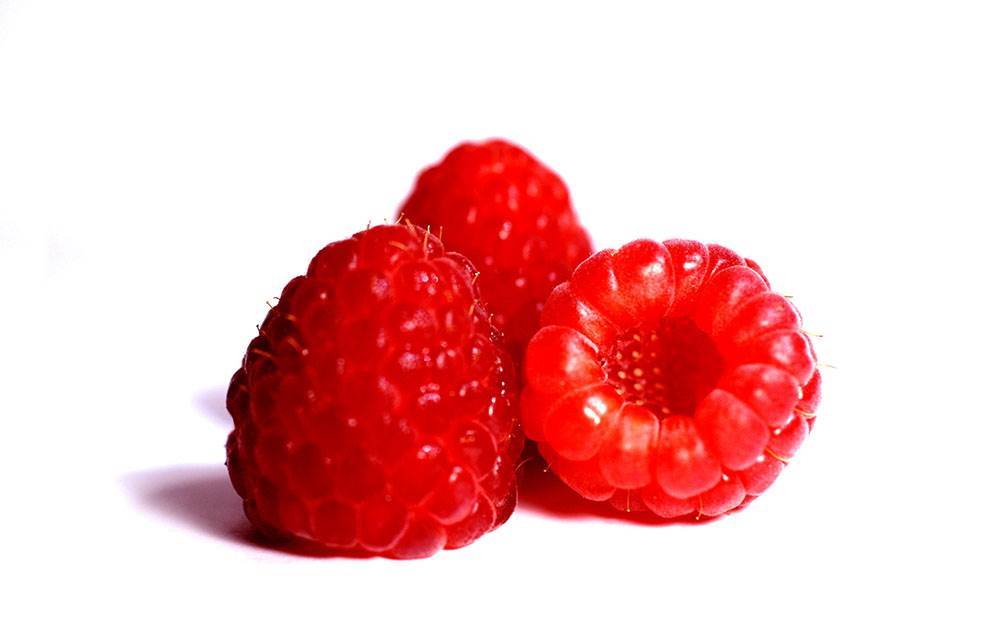
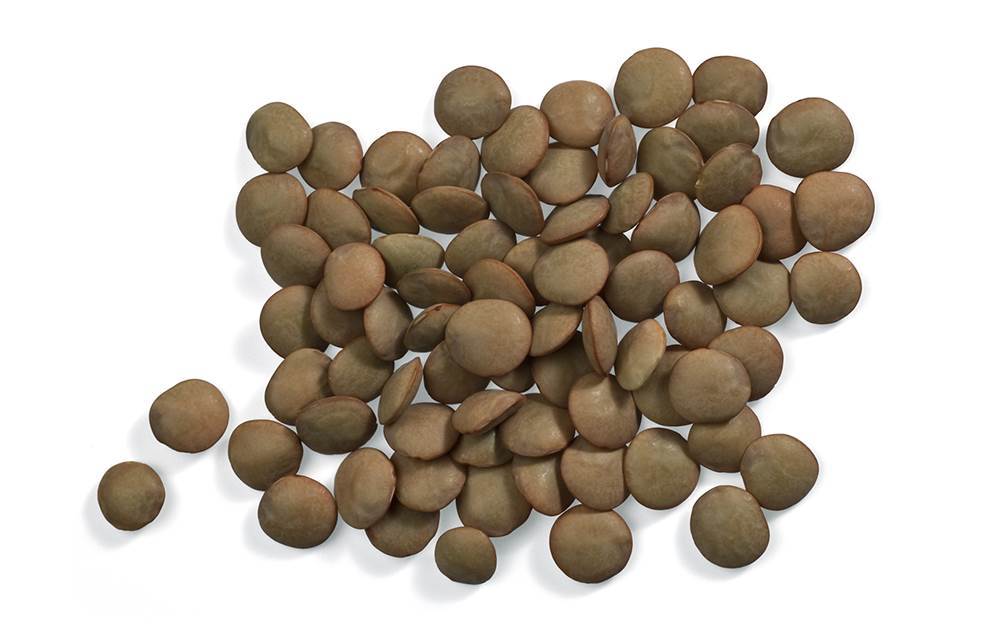
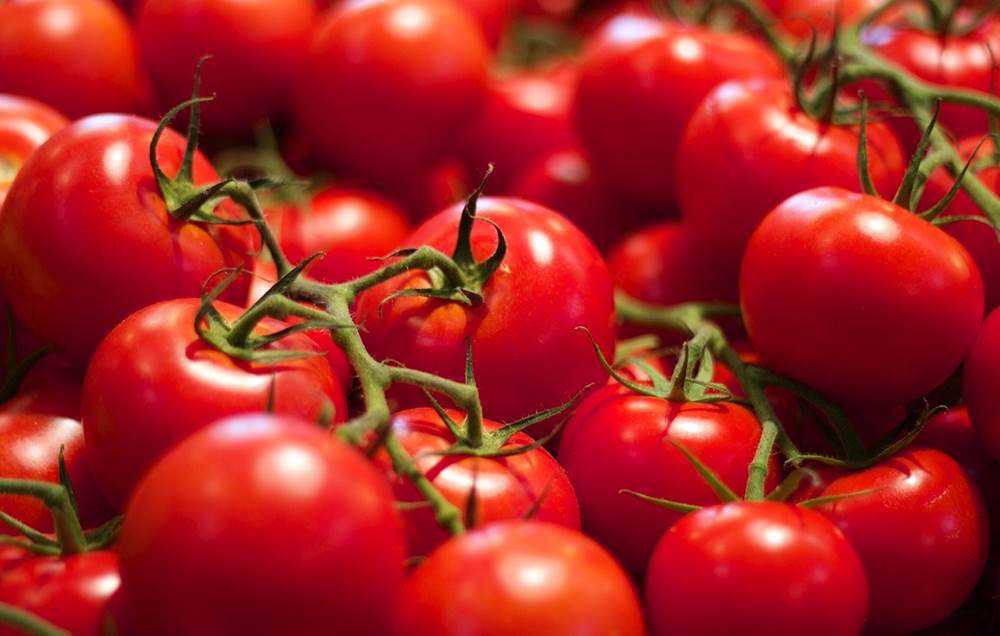
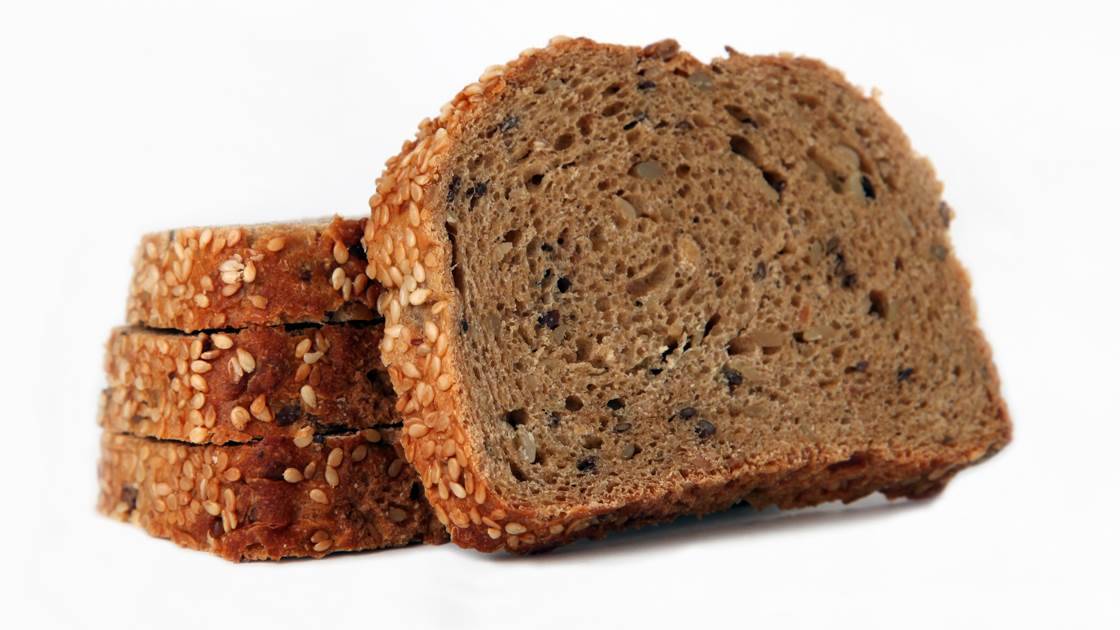
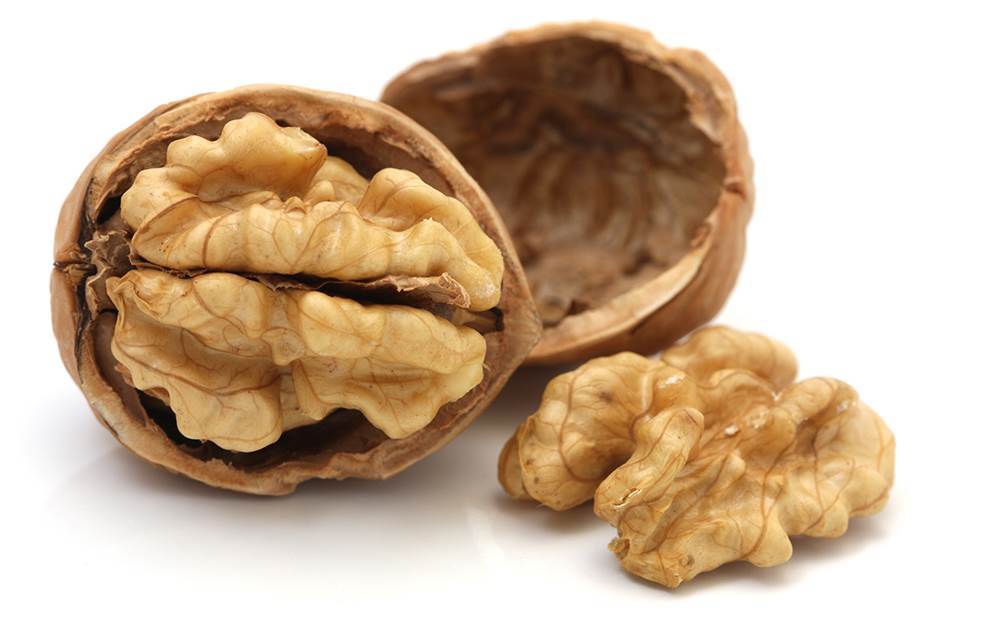

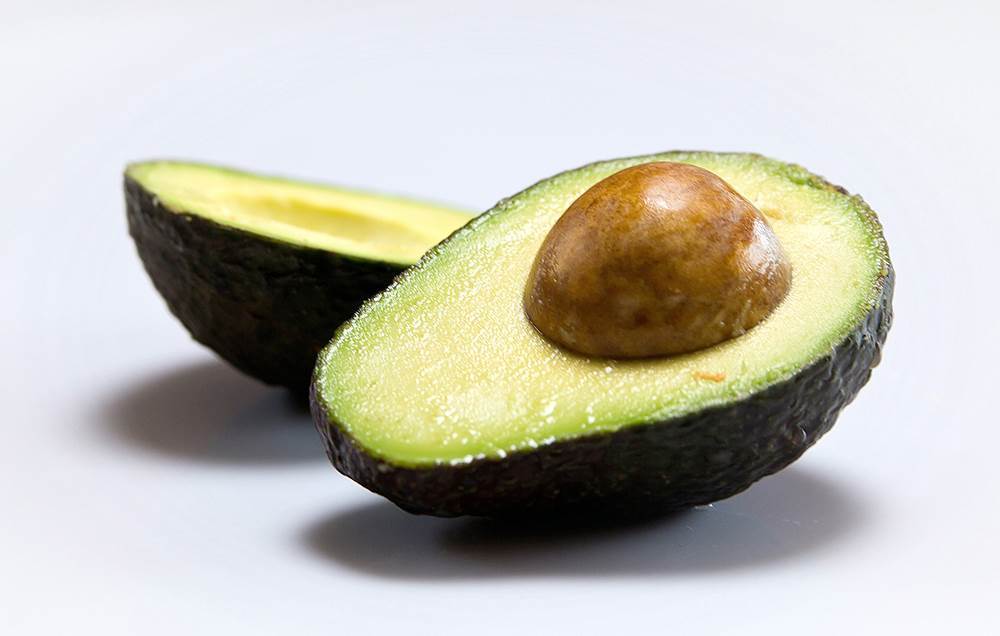
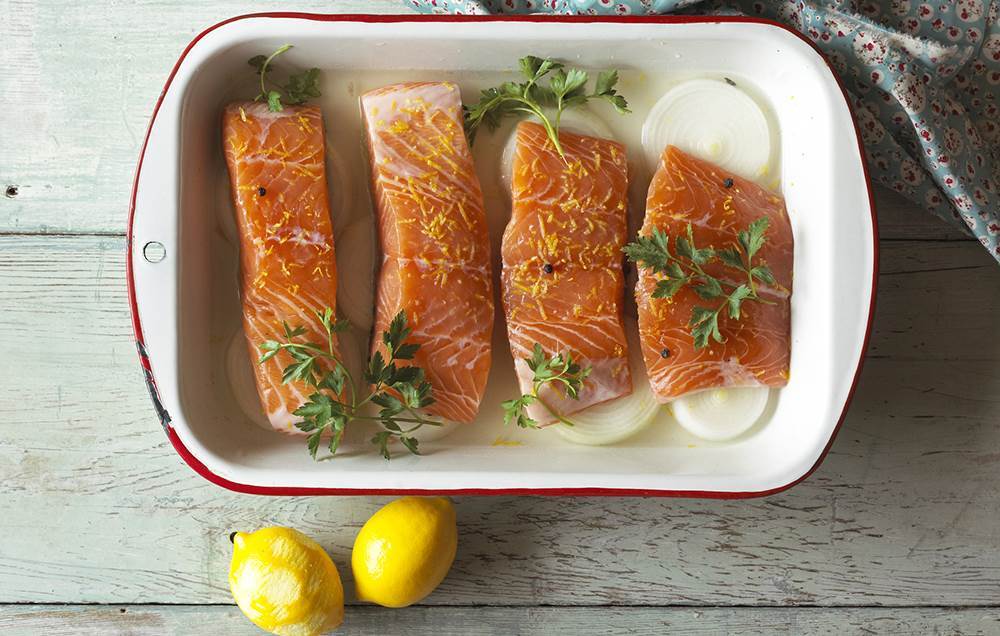
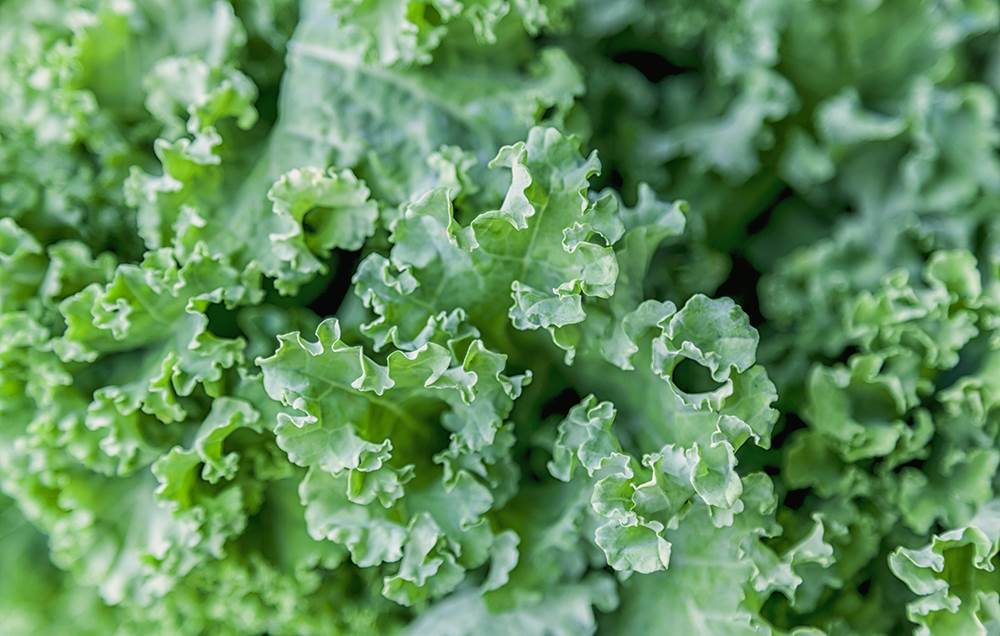
Photograph by Gail Shotlander/Getty Images
Raspberries
Declining gut health and issues related to improper digestion are tied to the kinds of inflammation-related autoimmune conditions that hit women during middle-age. Stoler says a lack of dietary fibre is part of the problem. When it comes to fruit, raspberries are fibre champs. A cup packs 8 grams!
Photograph by magnetcreative/Getty Images
Lentils
Legumes are also loaded with fibre, Stoler says. While all beans are all good sources, lentils and split peas are tops when it comes to digestion-aiding fibre.
Photograph by Claudio Gebhardt / EyeEm / Getty Images
Cooked tomatoes
Along with beta-carotene, a dietary antioxidant called lycopene also seems to be a potent cancer-fighter, according to a study in the International Journal of Cancer Research and Treatment. Red-hued fruits and vegetables - tomatoes, but also watermelon, papaya, pink guava and red capsicum - are all good sources of lycopene. Cooking tomatoes may also help your body absorb more of their healthy antioxidants.
Photograph by deepblue4you/Getty Images
Wholegrain bread
There’s no need to take bread off the menu! Whole grain foods, such as bread with visible whole grains, are rich in fibre, iron and B-group vitamins for energy. Plus, there is now strong and growing evidence that regularly eating grain foods (3 serves a day) can reduce your risk of age-related health conditions like heart disease, diabetes and stroke by 20-30%. One serve is equivalent to one slice of grainy bread.
Photograph by KevinDyer/Getty Images
Walnuts
Eating the right types of fatty acids can lower your risk for diabetes as you age. In particular, the types of polyunsaturated fatty acids found in walnuts may help protect you from the disease. Most other nuts and seeds are also good sources of these healthy fatty acids.
Photograph by Victoria Bee Photography/Getty Images
Olive oil
Plant-based oils are another good source of healthy polyunsaturated fatty acids - the ones that Harvard study linked with lower rates of diabetes. While soybean and sunflower oil pack a lot of "polys," olive oil should be your go-to, says cardiologist Dr Amnon Beniaminovitz.
Photograph by lacaosa/Getty Images
Avocados
No surprise here. But just because avocados are trendy doesn't mean you shouldn't be eating them. Stoler says healthy fats are one of the best ways to control your appetite, and avocados are a good source of this hunger-stifling macronutrient. Spread some on toast, and you've got a breakfast or lunch that checks a lot of nutritional boxes.
Photograph by Annabelle Breakey/Getty Images
Salmon
Eating a Mediterranean-style diet heavy on, well, most of the items on this list can cut your risk of death due to heart disease by 37% - roughly twice the benefit you'd get taking statins. Beniaminovitz calls the Mediterranean diet "the best and most studied diet we have so far for heart health." (These surprisingly rich Mediterranean recipes also burn fat.) While most types of fish are great for you, fatty fish like salmon may offer the most heart benefits. Mackerel, herring, trout and sardines are also healthy choices.
Photograph by MAIKA 777/Getty Images
Kale
When it comes to healthful nutrients, kale has few equals. Perhaps most helpfully, kale is loaded with alpha-lipoic acid (ALA), an antioxidant that helps your body turn glucose into energy and keeps your blood sugar levels in check. Research has linked ALA to lower rates of diabetes, stroke, glaucoma and other disease.










